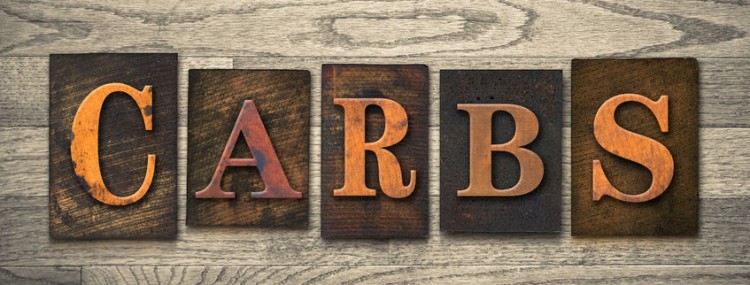
8 Must Have Smart Carbs
 Are all carbs created equal? Apparently not! Research has shown consistently that there are some that are beneficial in many ways, while some can be, evil!
Are all carbs created equal? Apparently not! Research has shown consistently that there are some that are beneficial in many ways, while some can be, evil!
Whole and holy grains!
A recent study found that women who averaged two to three servings of whole grains a day were 30 percent less likely to have developed type 2 diabetes than those who rarely ate whole grains and eating extra 2 servings of whole grains a day decreased the risk of type 2 diabetes by 21 percent. Whole grains have a low glycemic index (the extent to which a food raises blood sugar levels) since they contain fiber which slows down digestion of starch and leads to lower increases in blood sugar. Besides they are also rich in other vitamins and antioxidants that help reduce risk of diabetes.
If you eat mostly highly polished rice or maida mixed wheat, replace them today with fresh whole wheat, unpolished rice or brown rice. Include more of barley, finger millet (ragi) and jowar.
Like refined grains, sugary beverages have a high glycemic load, and drinking more of this sugary stuff is associated with increased risk of diabetes. There is mounting evidence that sugary drinks contribute to chronic inflammation, high triglycerides, decreased “good” (HDL) cholesterol, and increased insulin resistance, all of which are risk factors for diabetes.
Here is a list of smart carbs that help lower blood sugar levels, apart from offering a host of other health benefits.
1. Barley
Barley can fight hunger by raising blood sugar levels more slowly than, say, cookies, helping you bypass the sugar spike—and crash—that leaves you craving for more sugar!
2. Whole grain oats
Whole grain oats are rich sources of both soluble and insoluble fiber. The soluble fiber in oats called “beta glucan” helps control blood sugar levels by slowing down digestion of carbohydrates.
3. Beans
Rajma or red kidney beans fall in the category of low glycemic index foods and they do not spike the blood glucose levels post meal in diabetics. In other words, they raise the blood glucose levels very slowly. Also, they contain good quality carbohydrates and lean protein which makes them a healthy option.
4. Potato
Potato contains a type of starch called “resistant starch” that is formed when potato is boiled and cooled. Resistant starch does not act like carbohydrates, and is actually the food for the helpful bacteria in the intestine. Feeding the good bacteria has many health benefits, including improved blood sugar control, and cancer prevention.
5. Sweet potato
This starchy vegetable has a very low glycemic index , which means that it will not raise blood sugar levels as much as white rice, sugar or bread !
6. Rice bran
Rice bran is rich in dietary fibers called pectin, beta glucan and gum, besides being rich in important compounds called gamma oryzanol and tocotrienol which help lower cholesterol and preventing clumping of blood which leads to blockages.
7. Apple
Phytonutrients present in apples along with fructose (the type of sugar found in apples) offer many health benefits including prevention of blood sugar spikes.
8. Green peas
A half-cup of peas provides 12 percent of your recommended daily intake of zinc. Peas are also good sources of fiber and proteins and do not result in blood sugar spikes unlike other sugary foods.
Calorie Care is a one stop shop for healthy and high fiber meals that provide the vital nutrients, be it lunch, breakfast or dinner. All you need to do is to log on to caloriecare.com and with a click of the mouse, give yourself the gift of health, in every meal!



